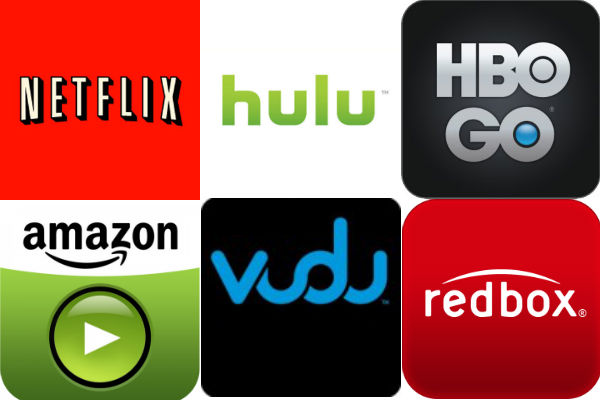London — Streaming services in Africa have been held back by the triple whammy of high data prices, unreliable connections and slow speeds. A new World Broadband Speed League provide new data to fuel the debate about which countries in Africa have the speed to make streaming services a reality. Russell Southwood picks over the data to get some answers.
The World Broadband Speed League is a ranking put together from research carried out by New America’s Open Technology Institute, Google Open Source Research and Princeton University’s Planet Lab.
Across a large number of countries globally, it measured overall speeds and the time it would take to download a 7.5 GB movie. The tests focused on fixed broadband connections, something Africa does not yet have in any large quantity.
However, when they are tested, they should – all other things network being equal – perform better than their mobile equivalents. Anyone who has used African 4G networks knows that the issue is not that high speeds cannot be achieved but that there is no consistency in the connection speeds. Quality of the connection – with dropped connections – remains a major issue.
Netflix advises users that they need to have a 0.5 mbps connection and recommend a minimum 1.5 mbps connection from a broadband provider and 3 mbps for SD quality. Other streaming operators have varying advice between 1 mbps and 6 mbps with the upper figure being for HD quality video streaming. So the bar to achieve video streaming is significantly lower than 10 mbps but the connection does have to be solid if you’re not to suffer from stalled pictures.
There are 39 African countries in the League (see below) and we have included a couple of the fastest countries to give a point of comparison. Three countries barely clear the bar of a 0.5 mbps connection: DRC, Burkina Faso and Gabon. However, all the rest have in place speeds on fixed connections that will support streaming.
It is now connected to an international landing station and has a fibre linking it to the capital Kinshasa. But because the incumbent OCPT that operates the link to the capital is incompetent, there is a very low percentage of effective uptime. Indeed in the capital, satellite remains a significant technology for data connectivity in and out of the capital.
Gabon may yet rise up the League in future tests as Group Vivendi Africa (GVA) has recently signed an agreement for overhead fibre with the power utility SEEG.
Some of the surprises in the table are countries on the east like Uganda, Rwanda and Tanzania and countries on the west coast like Senegal, Cote d’Ivoire and Angola. Uganda only performs as well as Liberia (figures shown are mbps):
- Singapore 55.13
- USA 20
- Kenya 8.83
- Seychelles 5.84
- Morocco 4.38
- South Africa 4.36
- Tunisia 3.5
- Madagascar 3.49
- Nigeria 3.15
- Zimbabwe 2.49
- Zambia 2.45
- Ghana 2.3
- Liberia 2.12
- Uganda 2.12
- Rwanda 2.11
- Cape Verde 2
- Namibia 1.81
- Mauritania 1.54
- Mauritius 1.53
- Tanzania 1.49
- Mozambique 1.45
- Ethiopia 1.34
- Djibouti 1.25
- Togo 1.24
- Cote d’Ivoire 1.22
- Egypt 1.22
- Senegal 1.17
- Algeria 1.11
- Sudan 1.1
- Botswana 1.07
- Angola 1.05
- Cameroon 0.97
- Malawi 0.92
- Libya 0.89
- Guinea 0.84
- Mali 0.84
- Benin 0.73
- Congo-B 0.72
- Somalia 0.62
- DRC 0.55
- Burkina Faso 0.49
- Gabon 0.41
The research also looked at the time it took to download a 7.5 GB film and the ten worst African countries are below. Speed tests of this kind show that downloading VoD would not be possible in a much wider range of countries:
Malawi 18.3 hours
Libya 19.1 hours
Guinea 20.1 hours
Mali 20.1 hours
Benin 23.2 hours
Congo B 23.3 hours
Somalia 27.2 hours
DRC 31.1 hours
Burkina Faso 34.5 hours
Gabon 41.1 hours
In July Netflix added South Africa to the countries it includes in its analysis. In its debut listing, South Africa was marked 54th out of the 59 countries in the list. In terms of individual providers, Cool Ideas was the fastest at 3.73 mbps and Neotel the lowest at 1.57 mbps.
Source; Balancing Act



